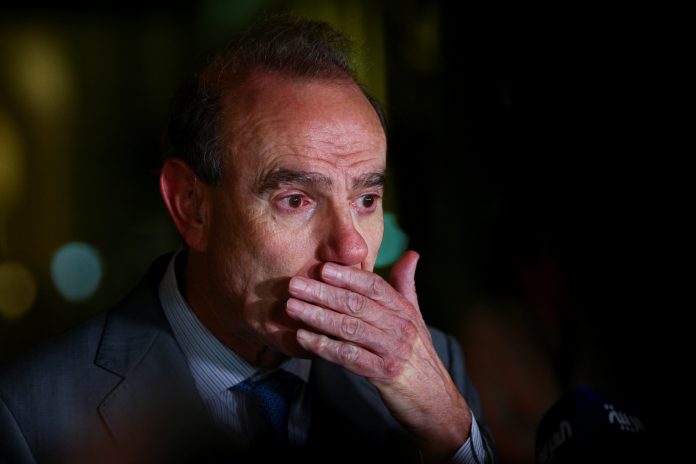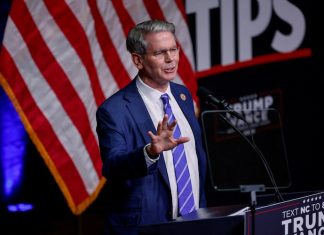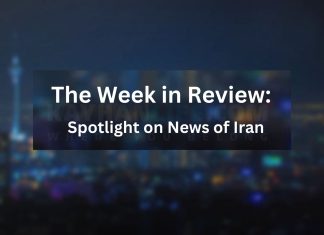
By Parisa Hafezi, Francois Murphy and John Irish
VIENNA, Dec 3 (Reuters) – Senior diplomats from France, Britain and Germany taking part in talks on reviving the Iran nuclear deal voiced “disappointment and concern” on Friday at Tehran’s proposed alterations to a text that had been agreed on in previous rounds.
“Major changes (have been) demanded (by Iran),” the officials said in a statement, adding that some were incompatible with the 2015 agreement.
It is “unclear how these new gaps can be closed in a realistic timeframe on the basis of Iranian drafts,” they said.
The seventh round of indirect U.S.-Iranian talks in Vienna on reviving the 2015 Iran nuclear deal adjourned on Friday to allow a meeting of the remaining parties to the deal, European and Iranian officials said.
[contact-form][contact-field label=”Name” type=”name”][contact-field label=”Email” type=”email”][/contact-form]
The indirect talks will resume in the middle of next week, the talks’ coordinator and China’s top envoy told reporters.
“The Europeans want to return to their capitals for consultations…We are ready to stay in Vienna for further talks,” an Iranian official close to the talks, which resumed on Monday after a five-month hiatus, told Reuters earlier in the day.
On the fourth day of the indirect talks, meant to bring both nations fully back into the deal, the United States and Iran both sounded pessimistic about the chances of reinstating the deal, which former U.S. President Donald Trump ditched in 2018.
Since 2019, Iran has breached many of the pact’s restrictions meant to lengthen the time it would need to generate enough fissile enriched uranium for a nuclear bomb. Iran says it is is pursuing enrichment only for civil uses.
Iran has adopted an uncompromising position by demanding the removal of all U.S. and European Union sanctions imposed since 2017, including those unrelated to its nuclear programme, in a verifiable process.
“We are awaiting for the other parties’ response to our proposed drafts,” Iran‘s top nuclear negotiator Ali Bagheri Kani told reporters on Friday, before heading into the meeting of the remaining parties to the deal, without the United States – whom Iran refuses to meet face-to-face.
Bagheri Kani told Reuters on Monday that the United States and its Western allies also should offer guarantees to Iran that no new sanctions would be imposed on it in the future.
ANALYSIS: Will Iran Nuclear Deal Talks in Vienna Produce Results This Time?
(Reporting by John Irish in Dubai and Parisa Hafezi in Vienna Writing by Francois Murphy and Parisa Hafezi; Editing by Mark Heinrich)





